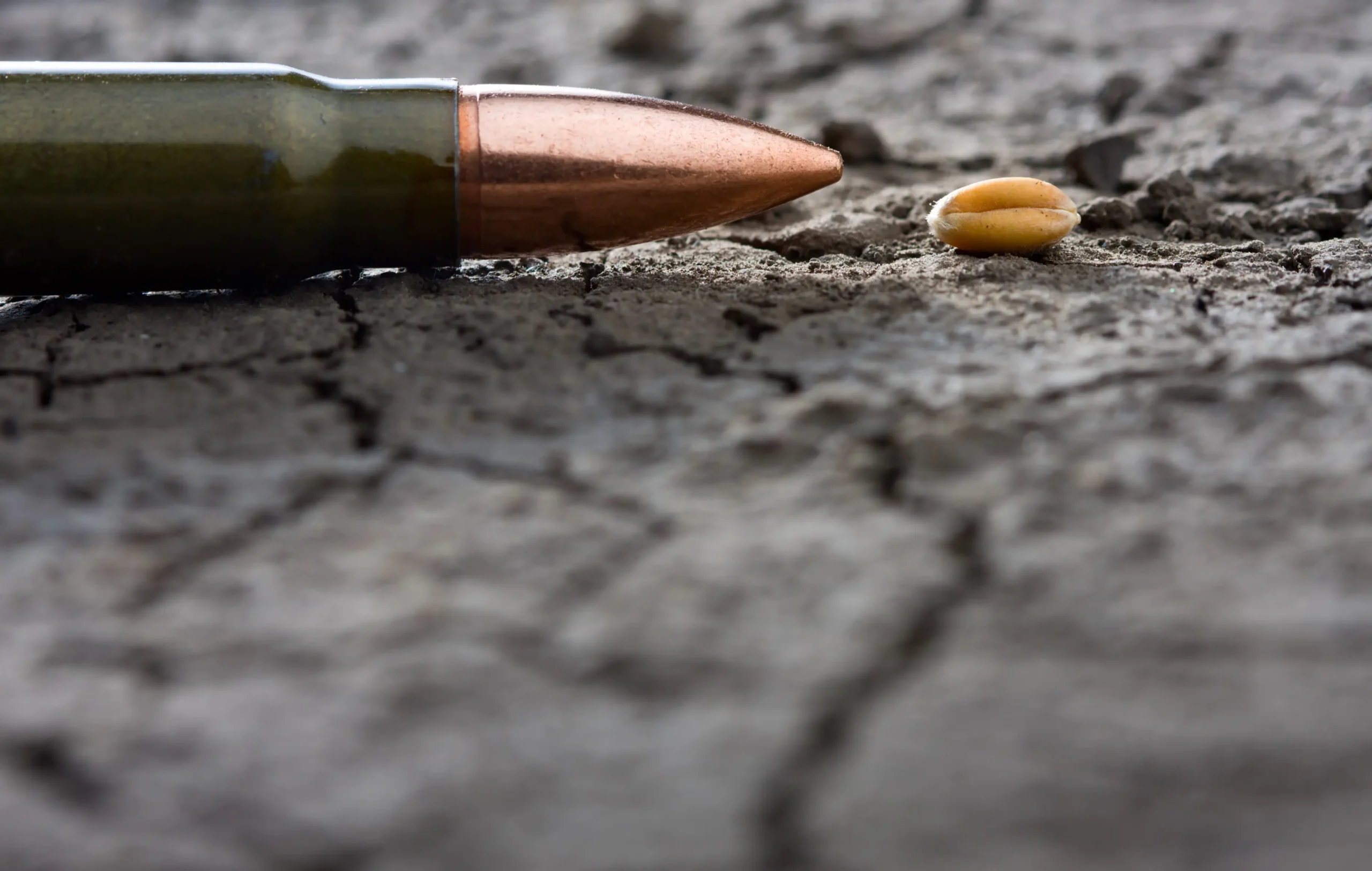10 Mar 2024
Macron’s War Rhetoric and his Desperate Quest for Prestige
“Nothing should be ruled out” said French President Emmanuel Macron when asked about possibilities of sending troops to Ukraine. By speaking about going to war, Macron may have aimed to dispel a long-standing joke about the French always surrendering. However, both French and NATO leaders have publicly rejected the idea of sending European or alliance troops to Ukraine. Prominent figures such as U.S. President Joseph Biden, German Chancellor Olaf Scholz, Polish Prime Minister Donald Tusk, NATO Secretary-General Jens Stoltenberg, and others have asserted that such action is not on the table. The widespread domestic and regional opposition implies that even if Macron was genuinely considering sending troops to Ukraine, he would not receive the necessary support for such a radical decision.
3 Mar 2024
What if the U.S. Ceased Providing Military Aid to Israel?
A recent statement from the European Union Foreign Policy Commissioner, Josep Borrell, urging Israel's allies, notably Washington, to cease supplying weapons to Israel has ignited widespread controversy. This call comes amid heightened concerns over the significant civilian deaths in the Gaza Strip. Coinciding with this plea, a Dutch appeals court decision has prohibited the export of all spare parts for F-35 fighter jets destined for Israel. These developments unfold against the backdrop of Israel's plans to initiate an expanded military operation in Rafah. Such an operation raises the spectre of a potential humanitarian catastrophe, particularly concerning the over 1.3 million displaced individuals from the Gaza Strip who have sought refuge in Rafah since the commencement of military activities in the enclave.
The United States provides Israel with annual military aid worth $3.8 billion, which stands as one of the most substantial military aid packages supplied by the U.S. to any country globally. This commitment was reaffirmed by U.S. officials, including President Joseph Biden, who, during his tenure as Vice President under Barack Obama, emphasised the enduring strategic alliance between the two countries. Then Vice President Biden said the U.S. commitment to Israel transcends moral obligations and is a deeply rooted strategic obligation. During a visit to Tel Aviv amid the events of Oct. 7, he underscored that “the existence of an independent and secure Israel within globally recognised borders aligns with the practical strategic interests of the United States.” He further emphasised, “I have long said: If Israel didn't exist, we would have to invent it.” Evidence of the depth of relations and continued support is further demonstrated by Congress' approval of an additional $14.1 billion in military aid to Israel. This aid is intended to bolster Israel's capabilities in its conflict with the Hamas movement, specifically by providing air and missile defence support and replenishing U.S. military stock granted to Israel. This level of support echoes the assistance provided by the United States to Israel during the October 1973 War with the Egyptian Army.
The generous and unconditional support provided by the U.S. to Israel prompts numerous inquiries, particularly in the context of the U.S.'s inability to exert pressure on Israel to stop its war on Gaza. Additionally, its loss of control over the right-wing government's decision-making process regarding the potential expansion of the war to include Rafah, portending an imminent conflict with Egypt. Hence, this analysis endeavours to address a pivotal question: Will these developments prompt a shift in the U.S. stance toward Prime Minister Benjamin Netanyahu and his right-wing government, potentially leading to a withdrawal from the notion of an expanded operation in Rafah? Furthermore, can the United States feasibly cease its military aid to this strategic ally in the Middle East?
11 Apr 2023
Between Grain and AK-47s: Russian Influence in Africa
The Russian presence in Africa has recently increased after a decline of nearly three decades since the dissolution of the Soviet Union in the nineties of the last century. Russian-African relations are part of Russia's new strategy to enhance its international influence. This strategy conforms to Russia's situation in international affairs, including its support for countries that contradict Western policies. Moscow has focused its influence on the West African region, taking advantage of Western policy mistakes, the mounting anti-European sentiment, and the long-standing failure of international and domestic actors to address the root causes of the regional instability. The first Russian-African summit in Sochi in October 2019 concluded contracts with more than 30 African countries for the supply of weapons and military equipment. It thus opened the door for state-backed companies to invest heavily in the security and technology sectors and industries that extract natural resources such as oil, gas, gold and other minerals.
On the other hand, the Russian-Ukrainian conflict did not impede this rapprochement but rather contributed to developing the partnership between the two parties to take the form of a strategic alliance. This was apparent in the speeches and statements of President Vladimir Putin, the most prominent of which was the speech he delivered at the International Parliament Conference "Russia - Africa in a Multipolar World", which was held in Moscow in March of this year on the sidelines of Saint Petersburg preparations for the second coming Russian – African summit to be held in July 2023. Putin reiterated that cooperation between Moscow and African countries was and will always be one of the top fixed priorities of Russia's foreign policy, declaring Russia's fulfilment of all its obligations, including supply of food, fertilisers, fuel and other essential products to the countries of the continent, which helps ensure food and energy security.
In light of the ongoing Russian-Ukrainian conflict, this analysis aims to shed more light on the motivations and characteristics of the Russian strategy in Africa. It also seeks to highlight the challenges to Russian influence expansion as well as the prospects for Russian-African relations in the future.


